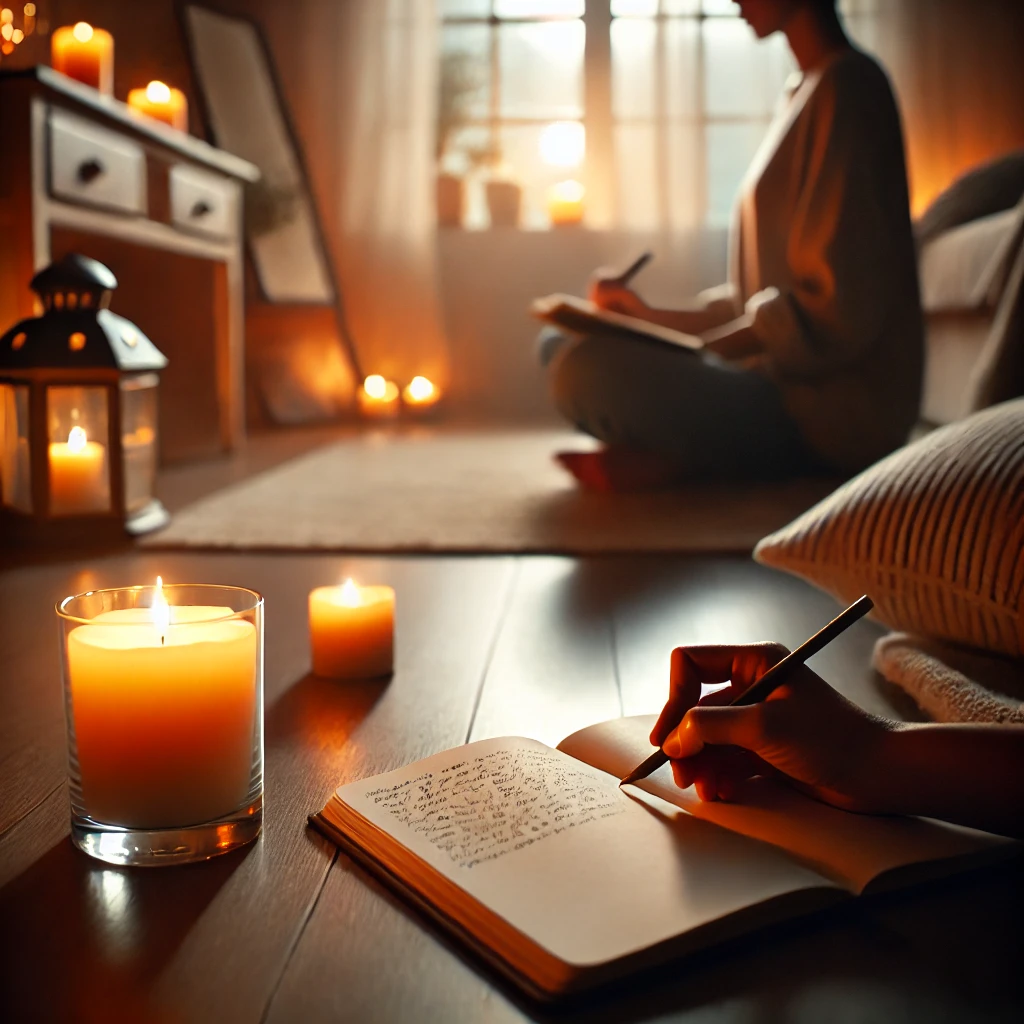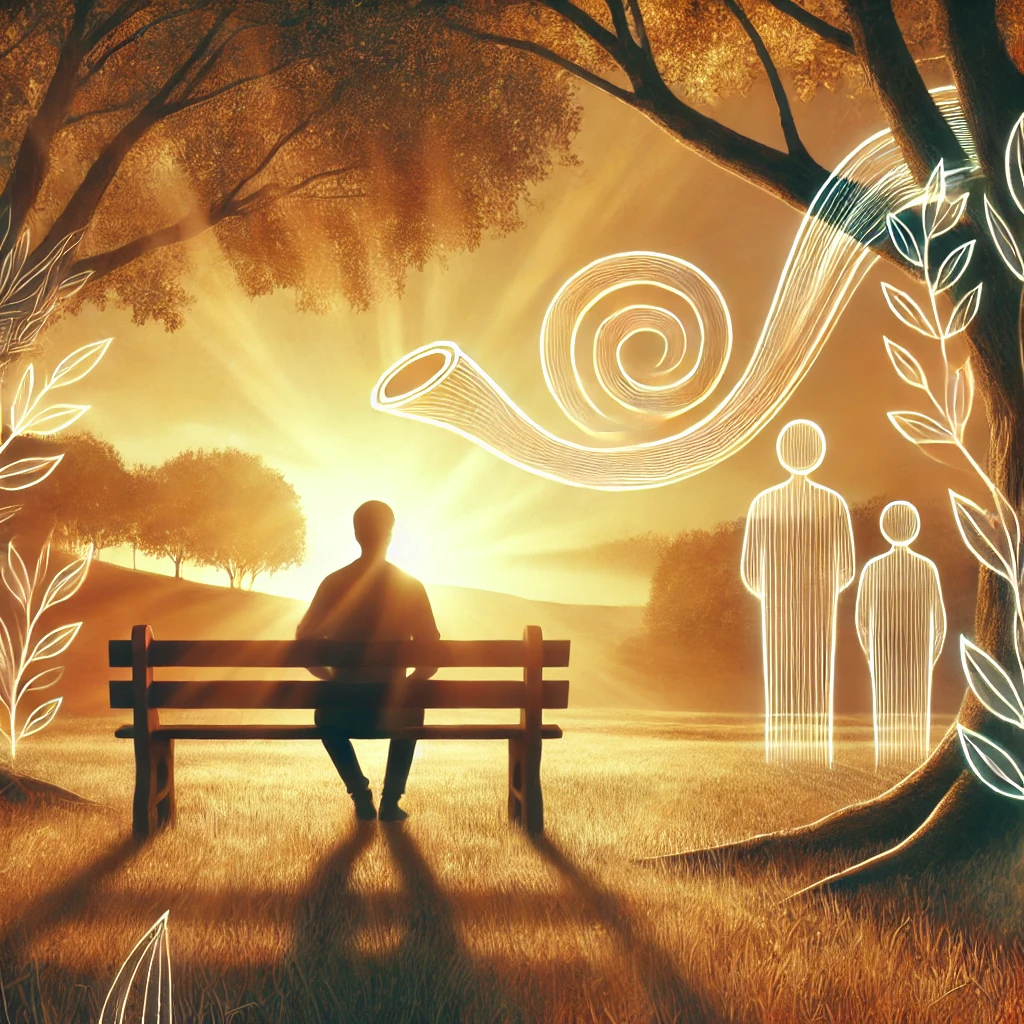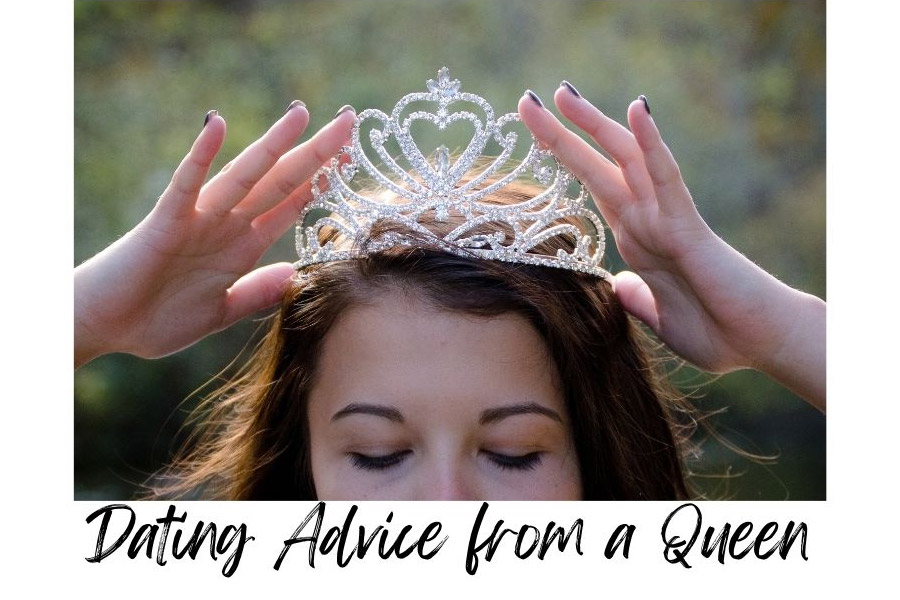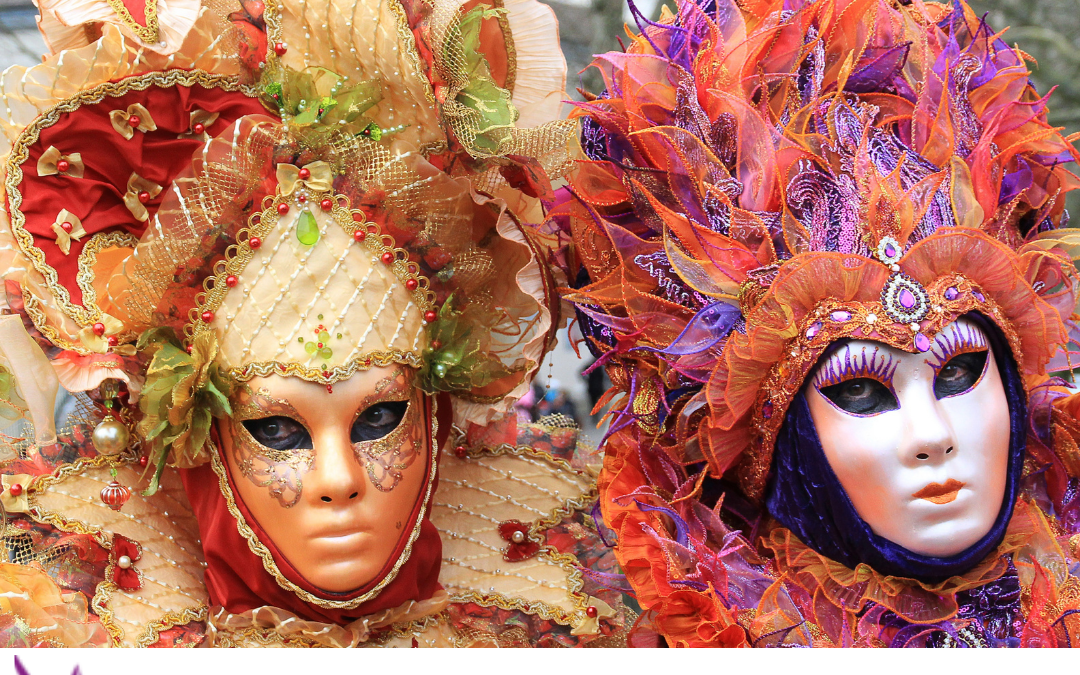Cheshbon HaRelationships
*Cheshbon hanefesh*—an accounting of the soul—is a key practice during Elul, a time dedicated to self-reflection and spiritual growth. We use this period to look back on our past actions, assess how we’ve lived over the past year, and set intentions for the year ahead. But this year, why not expand that sacred practice to include your past relationships—what I’m calling a “Cheshbon HaRelationships”? Elul gives us the perfect opportunity to reflect with intention on how our relationships, especially romantic ones, have shaped us. By engaging in this reflection, you can transform past experiences into powerful lessons that help guide you toward deeper self-awareness and healthier future connections.
It’s easy to fall into the trap of seeing past relationships that didn’t last as a waste—wasted time, money, and emotional energy. But Elul reminds us that we have the power to reframe those experiences. They’re only a waste if we let them be. Instead, I invite you to take some time this Elul to do some productive introspection. Light a candle, put on some music, and dedicate a quiet moment to reflect on your romantic past. To help guide you, I’ve broken this *cheshbon* into three main areas:
- What Did You Learn About Them?
Every person you’ve been in a relationship with has left an imprint on you. Even if the relationship didn’t last, there were moments of insight and lessons learned. Think back to each person—what strengths did they have that you admired? Maybe one was incredibly patient, and you found yourself drawn to their calm presence. Perhaps another was great at expressing their needs or had a passion that made you reflect on your own values.
By acknowledging their strengths, you not only honor what attracted you to them, but you also start to identify qualities you might want to develop in yourself or look for in a future partner.
Ask yourself:
– What’s one strength this person had that I don’t?
– How did their qualities shape my understanding of what I value in a partner?
– What did I admire most about them, and how can I integrate that into my life?
- What Did You Learn About Yourself?
Relationships act as mirrors, reflecting back who we are—sometimes in ways we don’t expect. Maybe you learned that you tend to shut down in conflict, or that you have a habit of not communicating your needs clearly. These insights can be uncomfortable, but they’re also essential for growth.
Elul invites us to look inward and ask hard questions about how we show up in our relationships. Did a past relationship bring out the best in you, or did it reveal behaviors you want to change? Recognizing these patterns helps you grow and prepares you for healthier, more fulfilling relationships in the future.
Ask yourself:
– What did this relationship teach me about myself?
– How did I handle conflict or communication in this relationship?
– What personal qualities or habits do I want to improve based on what I learned?
- What Did You Learn About Your Relationship Patterns?
Now, step back and look at the bigger picture. Do you notice any recurring themes in your relationships? Are you consistently drawn to a certain type of person, or do you find yourself facing the same challenges in each relationship? Recognizing these patterns is key to breaking free from cycles that no longer serve you.
Perhaps you’ve been attracted to emotionally unavailable partners, or maybe you tend to lose your voice in relationships, prioritizing their needs over your own. Elul gives you the chance to break these patterns and create new ones that are healthier and more aligned with what you want for your future.
Ask yourself:
– What relationship patterns do I notice across different partners?
– What dynamics keep repeating, and how can I address them?
– How can I break old patterns and cultivate healthier ones in my future relationships?
By taking ownership of your past experiences, you empower yourself to enter the new year with clarity, purpose, and the wisdom gained from your relationships. Instead of lamenting time lost, recognize the lessons you’ve learned, and move forward with hope for deeper love and connection.
May the insights you gain from this *Cheshbon HaRelationships* bring you closer to the meaningful, fulfilling relationships you seek in the year ahead.
Using the Month of Elul to Strengthen Ourselves and Our Relationships
Elul is a time of deep reflection, a spiritual opportunity to return to our best selves before Rosh Hashanah. Traditionally, we use this month to assess our relationship with Hashem, but it’s also a powerful time to assess the relationships in our lives—with family, friends, and significant others.
When we reflect on teshuva (repentance), it’s not just about admitting past mistakes—it’s about committing to growth and improvement. As Hasidic master Rav Tzadok HaKohen of Lublin is quoted as saying, “Teshuva is 1% about the past, and 99% about the future.” The same applies to our relationships—and even more so, to our personal growth. Working on ourselves during Elul opens the door to finding a partner who will grow with us into the future.
1. Honest Self-Reflection
Elul is about taking stock of where we are. In our relationships, this means checking in with ourselves. Are we holding onto old grudges? Carrying unrealistic expectations? Elul encourages us to let go of what weighs us down. Reflect on how your own patterns of behavior—perhaps rooted in past experiences—impact your current relationships. By doing this work, we not only improve our current connections but also prepare ourselves to find a partner with whom we can build a meaningful future.
2. Embracing Vulnerability
During Elul, we ask for forgiveness not only from Hashem but also from each other. This is an ideal time to practice vulnerability. Admitting where we’ve gone wrong requires humility, but it’s through this that true growth happens. Opening up to our partner—or even to ourselves—about our fears and insecurities allows us to create a deeper, more authentic connection. The more we embrace vulnerability, the more ready we are for a partner who can meet us at that same level of emotional honesty.
3. Strengthening Our Communication
This is the time to listen—not just to the shofar blasts that call us to attention, but to the people in our lives. The Rambam explains that the shofar is meant to wake us from our spiritual slumber. Can we apply this message to our relationships? Sometimes we get caught in routines, taking our loved ones for granted. Elul is our reminder to wake up, not only in our current relationships but also in preparing ourselves for future ones. By improving communication and being more present, we cultivate skills that will help us connect more deeply with a future partner.
4. Working on Our Middot (Character Traits)
Just as we work on middot like patience, kindness, and humility in our spiritual lives, these traits are crucial in building healthy relationships. Elul gives us the chance to focus on improving these qualities, knowing that the work we do now will shape our future. The person we become during this time will help us attract the kind of partner who values growth and mutual support. By cultivating positive middot, we set the stage for a future relationship rooted in respect, love, and shared values.
As we prepare ourselves spiritually during Elul, let’s also use this time to elevate our relationships—present and future. The personal work we do today is an investment in a brighter, more connected future, both with Hashem and with a partner who is aligned with our growth. By the time Rosh Hashanah arrives, may we not only feel more aligned with our values but also more prepared to find and build a meaningful relationship with someone who shares them.
Relationship Advice from a Jewish Queen!
When it comes to dating, we don’t know exactly what the other person wants from us. We know we have to be interesting and offer some sort of conversation, but it takes a lot of effort to get the ball rolling when you don’t even know what you have in common, or what kind of conversation the other person expects. We don’t know what kind of temperament our date has. We can go in full guns blazing, but if our date has a delicate temperament we can blow them away, to the point where we’re too much.
What Have You Learned About Love During a Lock Down?
Did your relationship thrive during the last lock down or did it almost fall into a heap? Learning from how you managed your relationship during the last lock down will stand you in good stead should you need to rise again in the face of another lock down or worse.
The Pete Davidson Effect!
What does Pete Davidson have that women want? Read this blog to learn how you can learn from Pete and get the love of a high quality woman…
Do You Dance Like this as A Couple?
The negative cycle begins and ends at exactly the same point. She reaches for her husband, her need gets missed and then she shouts and spews anger as she feels ignored. This then causes her partner to pull away as they run and hide.
Who doesn’t want to be the Wise Child?
On Passover, we mention the 4 sons: the Wise, the Wicked, the Simple one and the “Child Who Doesn’t Know What to Ask.”
Are the Masks Ready to Come Off Yet?
Do you feel unseen by your partner? Read this article to hear more about it…
Is Your Marriage Strong Enough to Build a Physical Home in Israel?
Is your marriage strong enough to withstand building a physical home in Israel?







